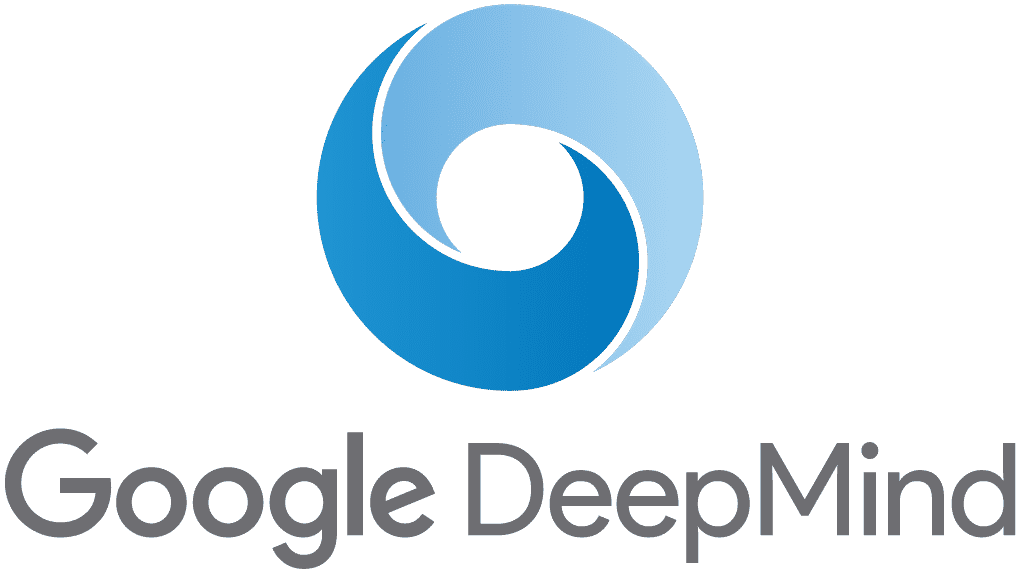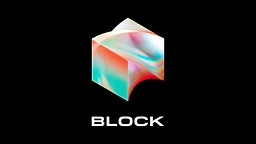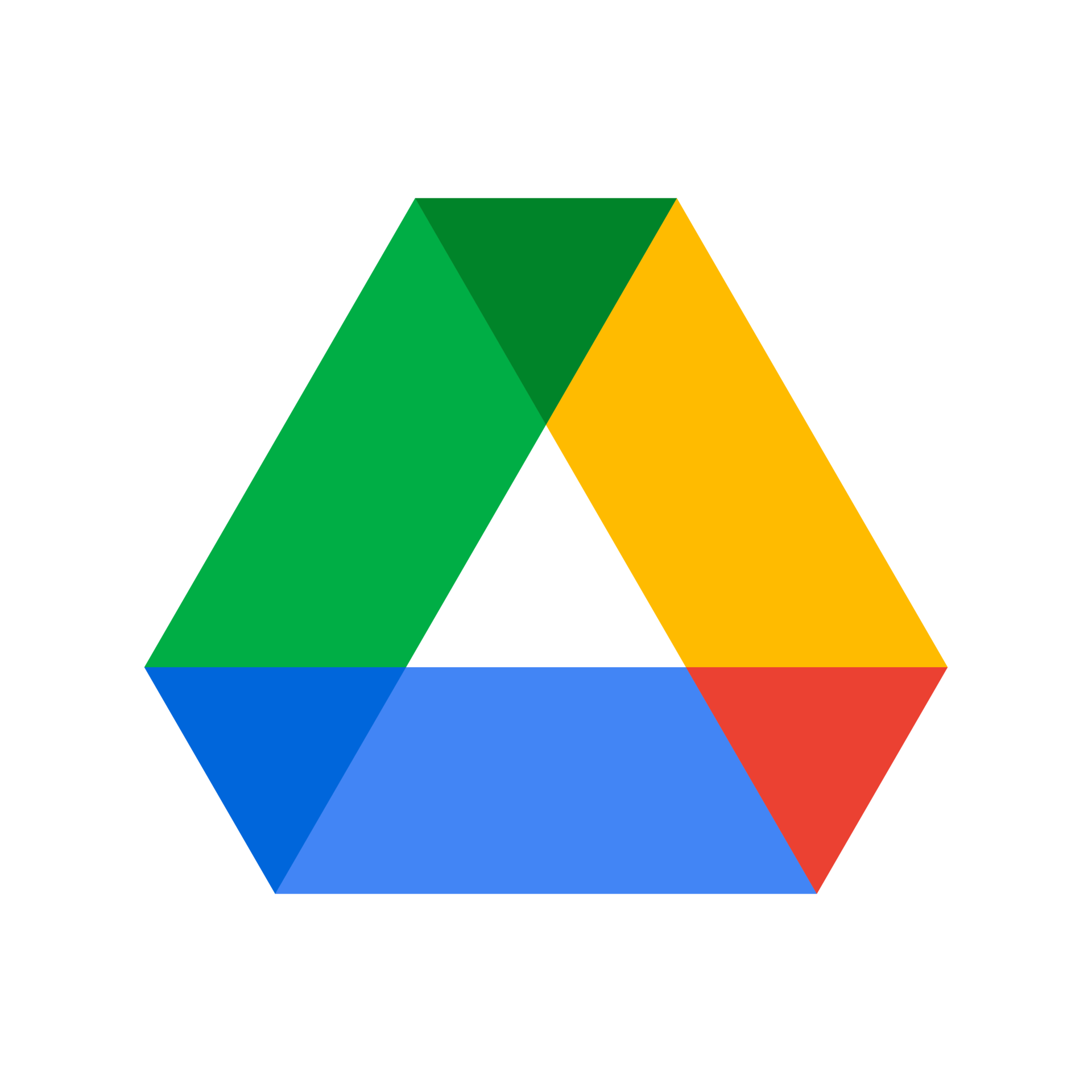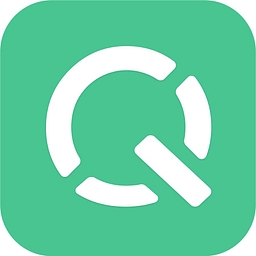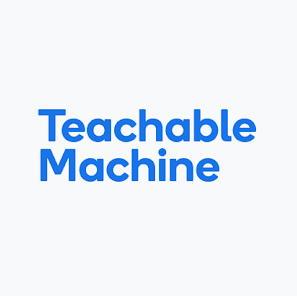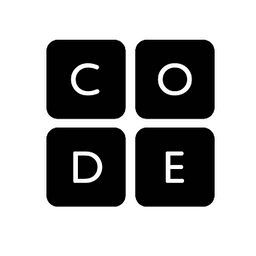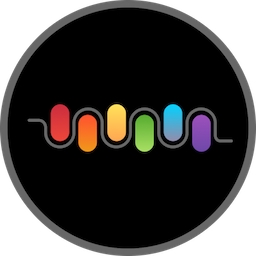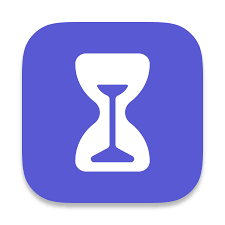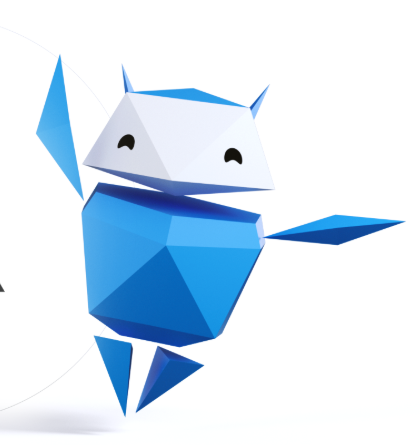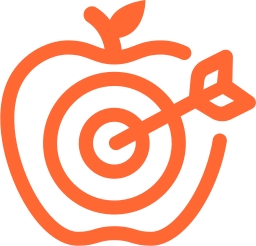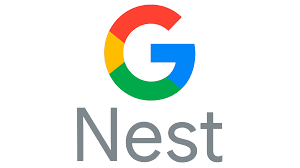Dashboard
Lesson 9: Building a Strategy Game with Vibe Coding - Complete Implementation Guide
This written guide enhances your video viewing experience by providing organized reference materials, implementation checklists, and actionable takeaways for building a complete strategy game without writing code manually. Use this alongside the video for maximum learning impact.
Lesson 7: Prompt Templates by Role
This lesson provides ready-to-use prompt templates tailored for different roles like marketers, sales reps, analysts, support agents, and leaders. Each template is structured for real-world tasks, with variables, tone guidance, and output instructions. Use them as-is or adapt for your own workflows.
Lesson 6: When to Use Tools, Code, or ReAct Agents
Not every task can be solved with text alone. This lesson teaches you when to escalate from plain prompting to tool use—like writing and executing code, searching for current data, or chaining actions using ReAct-style reasoning. You'll learn when it's necessary, how it works, and what it unlocks.
Lesson 5: Designing Reusable Prompt Templates
This lesson teaches you how to build reusable prompt templates for your team, product, or workflows. You’ll learn how to design modular prompts with variables, format rules, and built-in instructions that keep outputs consistent and scalable—without starting from scratch every time.
Lesson 4: Prompt Debugging – What to Do When Your Output Is Wrong
This lesson walks you through the process of identifying and fixing broken prompts. You’ll learn how to spot the most common prompt design mistakes, isolate what’s going wrong, and revise your inputs using a simple framework. Whether you're getting vague answers, hallucinations, or inconsistent formatting, you’ll have the tools to fix it without starting from scratch.
Lesson 3: How to Tune Model Settings for Better Output
This lesson teaches you how to control the behavior of large language models by adjusting four key settings: temperature, top-k, top-p, and max tokens. You’ll learn what each setting does, when to tweak it, and how small changes can dramatically impact the creativity, consistency, and length of your AI outputs. With real examples and hands-on challenges, you’ll walk away with the confidence to fine-tune any model for your specific task—whether you're writing, analyzing, or building.
Lesson 2: Prompting Techniques That Actually Work
Not all prompts are created equal. How you structure your request — and whether you include examples, roles, context, or reasoning instructions — can completely change the quality of the output.
This lesson gives you a practical toolkit of proven prompting techniques used by OpenAI, Anthropic, and top AI practitioners. You’ll learn what each technique is, when to use it, and how to apply it effectively across different tasks.
Lesson 1: Mastering Prompt Engineering: From Basics to Breakthrough Techniques
This video covers everything you need to become a better prompt engineer. Whether you're using ChatGPT, Claude, or Gemini, you’ll learn how to structure prompts that get better, faster, and more accurate results. We walk through all the core techniques—from output length and temperature settings to advanced methods like chain-of-thought, role prompting, ReAct, and more—using real examples and live demos.
Lesson 5: Build Your Own Model Context Protocol (MCP)
Learn how to implement Model Context Protocol in your organization through practical, step-by-step guidance. Discover implementation approaches, planning strategies, and real-world examples that get you started quickly and successfully.
Lesson 7: Real-World Applications of the Model Context Protocol
Discover how leading companies across industries are using the Model Context Protocol to create AI assistants that access real-time information, perform actions across multiple systems, and deliver transformative business results.
Lesson 6: Enabling Tool Use and Multi-Agent Workflows with MCP
Discover how the Model Context Protocol transforms AI from simple question-answering systems into dynamic agents that can use tools, perform actions, and collaborate with other AI systems to solve complex real-world problems.
Lesson 4: Understanding How MCP Organizes Information
Discover how the Model Context Protocol organizes information into distinct layers—current questions, conversation memory, and system guidelines—to create more reliable, consistent, and intelligent AI interactions.
Lesson 3: MCP Architecture 101: Clients, Servers, and Hosts
Learn the three essential components of MCP architecture and how they work together to create seamless connections between AI models and external data sources, using simple analogies and real-world examples.
Lesson 1: Model Context Protocol (MCP): The Universal Connector for AI Context
Discover how the Model Context Protocol (MCP) transforms AI integration from a complex web of custom connections into a simple, standardized system that works like USB-C for artificial intelligence.
Lesson 2: The Context Challenge: Why LLMs Need MCP
Discover why even the most advanced Large Language Models struggle without proper context and how the Model Context Protocol (MCP) revolutionizes AI system integration with external data sources.
Prompt Engineering Foundations
Learn the core principles and advanced methods of prompt engineering that unlock the full potential of large language models (LLMs) like ChatGPT, Claude, Gemini, and more. From output control and sampling settings to advanced prompting frameworks, this lesson gives you the tools to drive better results, improve consistency, and think like a true AI collaborator.
Model Context Protocol (MCP): The Missing Link in AI Integration
Large language models are powerful—but limited by fragmented tools, shallow integrations, and poor context management. Enter the Model Context Protocol (MCP): a universal interface that helps AI systems interact with real-world data, tools, and workflows. This course explores how MCP works, why it matters, and how to use it—from architectural concepts and layered context to real-world applications, multi-agent workflows, and implementation best practices.
Whether you’re a developer, researcher, or product leader, you’ll gain the foundational knowledge to build, integrate, and scale AI systems using structured, context-aware protocols.
AI-Powered Travel: Plan Smarter, Travel Better
This hands-on guide teaches you how to plan your next adventure with AI-powered travel assistants like ChatGPT, Roam Around, Hopper, and GuideGeek. From booking flights and finding hidden gems to packing lists and souvenir creation, you’ll learn how to use AI at every stage of the travel journey. Whether you’re a seasoned traveler or planning your first trip, this course shows how to save time, reduce stress, and uncover experiences you’d never find in a traditional guidebook.
Get the Most Out of Gemini
Get the Most Out of Gemini is your essential guide to using AI as a daily assistant, creative partner, and productivity booster. Whether you’re just starting or want to sharpen your prompting skills, this module walks you through everything—from setting up your environment and writing effective prompts, to using advanced features. With clear explanations, real-world use cases, and expert tips, you’ll learn how to turn Gemini into a powerful tool that works the way you work.
Get the Most Out of Claude
Get the Most Out of Claude is your essential guide to using AI as a daily assistant, creative partner, and productivity booster. Whether you’re just starting or want to sharpen your prompting skills, this module walks you through everything—from setting up your environment and writing effective prompts, to using advanced features. With clear explanations, real-world use cases, and expert tips, you’ll learn how to turn Claude into a powerful tool that works the way you work.
Get the Most Out of ChatGPT
Get the Most Out of ChatGPT is your essential guide to using AI as a daily assistant, creative partner, and productivity booster. Whether you’re just starting or want to sharpen your prompting skills, this module walks you through everything—from setting up your environment and writing effective prompts, to using advanced features like Memory and Custom GPTs. With clear explanations, real-world use cases, and expert tips, you’ll learn how to turn ChatGPT into a powerful tool that works the way you work.
Teaching Your Kid to Code by Making a Videogame in Under an Hour
In this hands-on walkthrough, a parent and teacher explores how kids can safely learn to code — and even build their first videogame — using AI. From keyboard controls to gliding physics and pixel art, discover how tools like Jippity are empowering the next generation of creators while giving parents peace of mind.
AI Literacy for Parents: What You Need to Know
Build your foundation in AI with this essential guide for parents. Learn the core concepts behind today’s AI tools, explore how they can benefit your family, understand their limitations, and set realistic expectations for how to use them. This chapter empowers you to confidently evaluate AI technologies and make informed choices for your home.
Vibe Coding 101: Build Faster with AI by Your Side
Vibe coding is a new way to build software—faster, more intuitively, and with powerful AI assistants like GitHub Copilot and ChatGPT as your collaborators. This course teaches you the foundations of vibe coding, from setting up your environment to prompting strategies, debugging, and building real projects. Whether you’re creating SaaS apps or games, you’ll learn how to pair with AI to turn ideas into code, without starting from scratch.

Nick Wentz
Nick Wentz helps people harness the power of AI to improve everyday life. With a background in tech, media, and education, Nick builds practical, approachable learning experiences that make advanced AI tools accessible to everyone—from busy parents to ambitious professionals. His mission is simple: teach people how to use AI to save time, make smarter decisions, and build a better future.


Matthew Berman
Matthew Berman is the creator of Forward Future, where he interviews the thinkers and builders shaping the next era of AI. At Forward Future University, he translates those insights into clear, practical lessons to help people understand how AI really works—and how to use it. Known for making complex ideas feel human, Matthew blends storytelling with systems thinking to help learners stay ahead of the curve.


Jacob Shulman
Jacob Shulman is a teacher, programmer, and musician from Los Angeles. He is the cofounder of Jippity, the only AI-powered, kid-friendly coding workspace on the web.

Astro
Born in a simulated training orbit built by the first AGI research collective, Astro was designed to explore not just outer space—but the frontier of intelligence itself. Raised on a steady diet of curiosity, code, and cosmic questions, he now serves as Forward Future’s official ambassador of innovation. With one boot in reality and the other in possibility, Astro guides humans through the AI era with wonder, wisdom, and the occasional well-timed meme.











